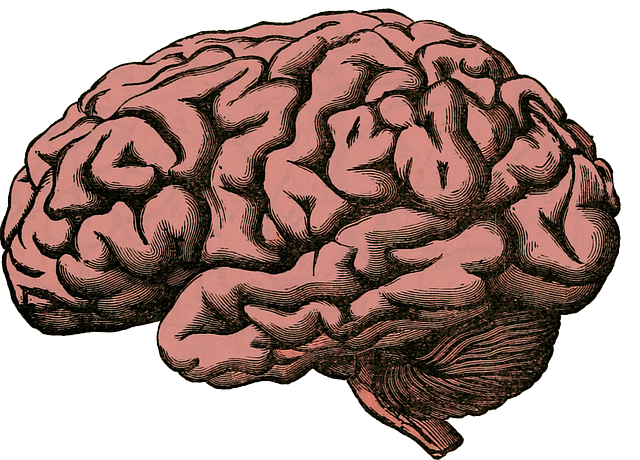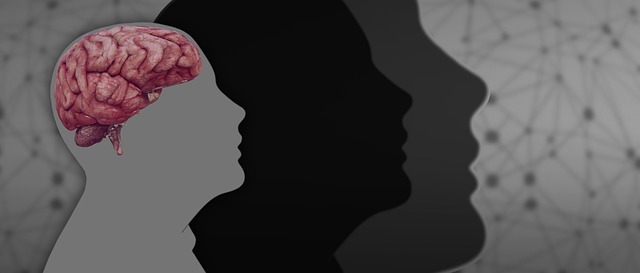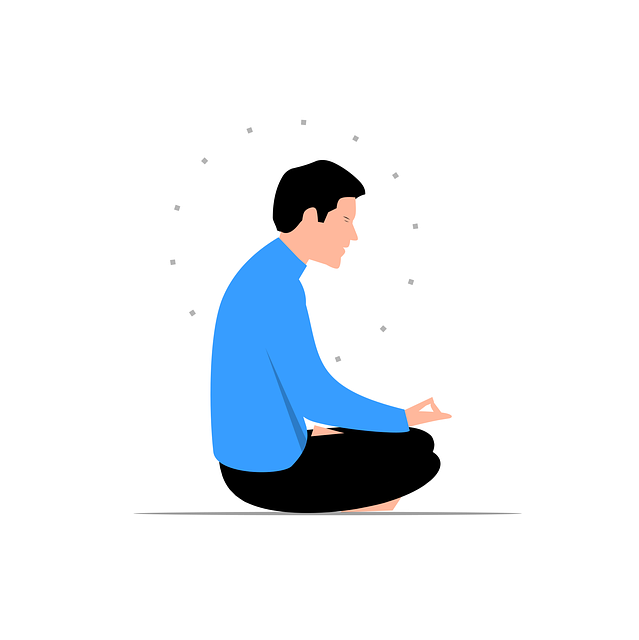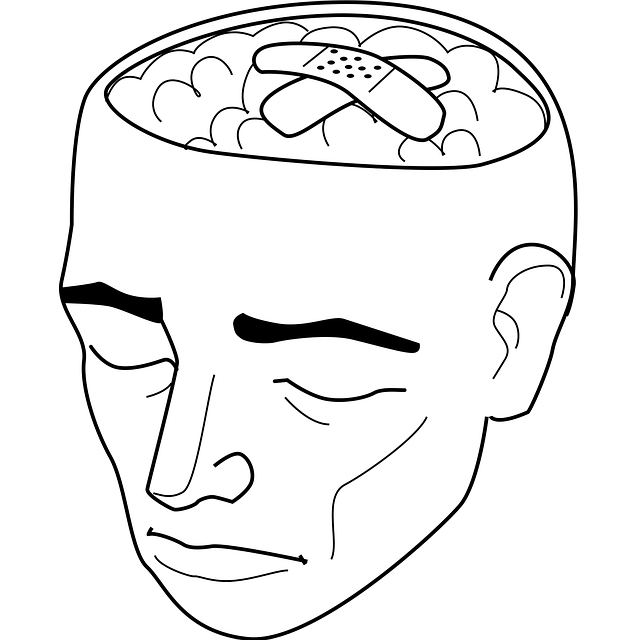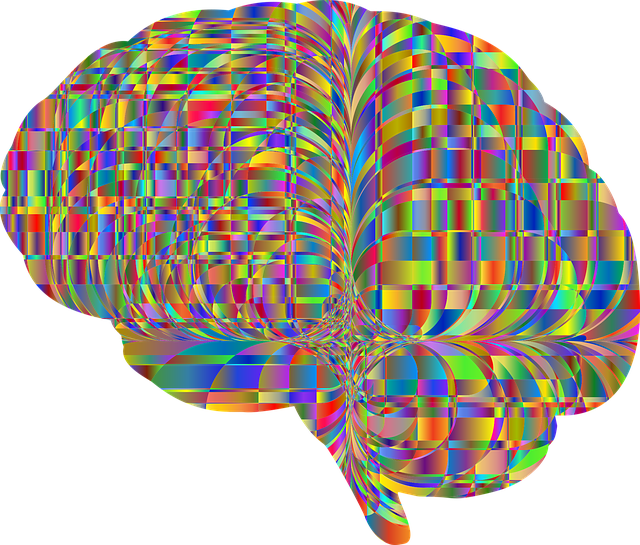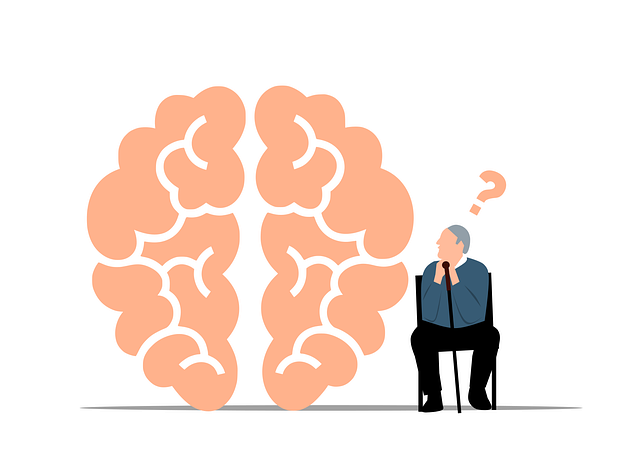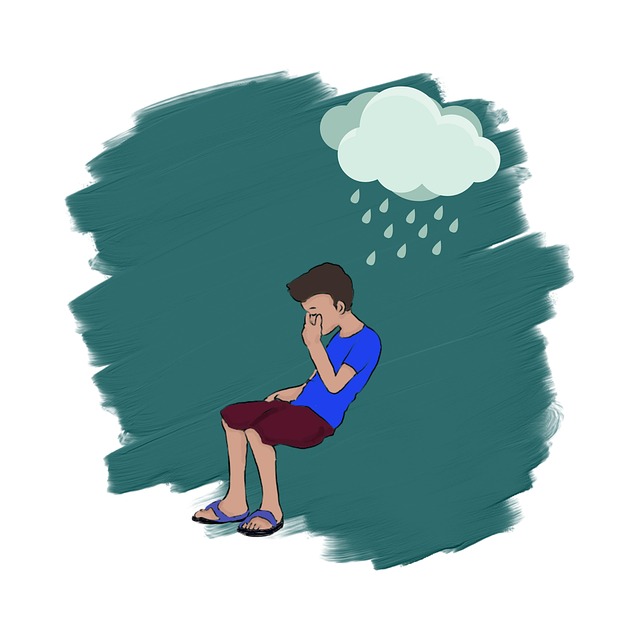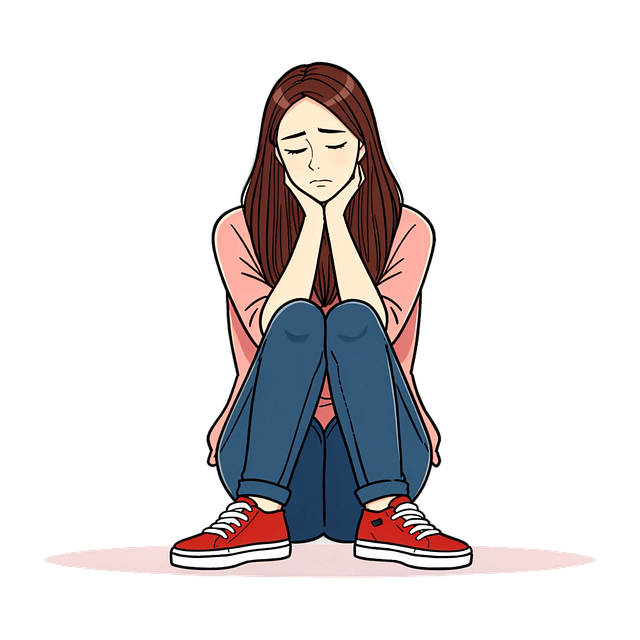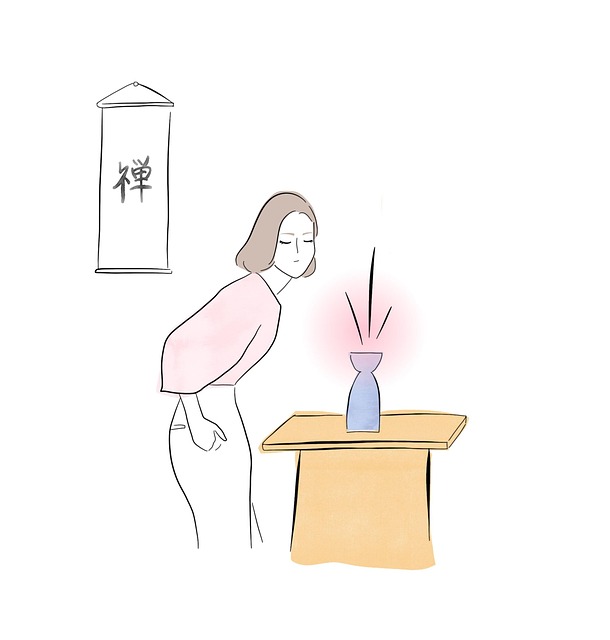Mental health apps for Oppositional Defiant Disorder (ODD) are transforming care in Arvada, offering personalized tools and interactive exercises through digital platforms. While presenting accessible treatment options, these apps face challenges like data privacy and validation. A successful app should integrate evidence-based practices, cultural competency, stress management workshops, emotional regulation modules, community support, and gamification to encourage consistent engagement. With ongoing research supporting their effectiveness, these digital solutions have the potential to revolutionize ODD therapy, bridging gaps in mental health care access.
In today’s digital age, mental wellness app development offers a promising approach to managing conditions like Oppositional Defiant Disorder (ODD). This article explores how technology can enhance ODD therapy, delving into its benefits and challenges. We discuss designing effective apps tailored to ODD treatment, highlighting key features that make them impactful tools. Furthermore, we analyze market trends and future prospects for mental health apps focusing on Arvada Oppositional Defiance Disorder Therapy, shedding light on their growing significance in addressing this complex disorder.
- Understanding Mental Health and Oppositional Defiant Disorder (ODD)
- The Role of Technology in ODD Therapy: Benefits and Challenges
- Designing an Effective Mental Wellness App for ODD Treatment
- Key Features and Functionality to Include in the App
- Market Trends and Future Prospects for ODD-Focused Mental Health Apps
Understanding Mental Health and Oppositional Defiant Disorder (ODD)

Mental health encompasses a wide range of emotional, psychological, and social well-being. Oppositional Defiant Disorder (ODD) is a common mental health condition often characterized by frequent and consistent defiant behavior towards authority figures. It typically develops in childhood and adolescence, affecting a person’s ability to manage emotions, interact with peers, and comply with rules. ODD can lead to significant impairments in daily functioning if left unaddressed, making timely intervention crucial.
In the context of Arvada Oppositional Defiance Disorder Therapy, apps designed for mental wellness play a pivotal role in providing accessible support. These digital tools offer self-care practices tailored to individuals with ODD, including conflict resolution techniques and trauma support services. By integrating evidence-based strategies into user-friendly interfaces, such apps can enhance traditional therapy methods and empower users to actively participate in their mental health journey.
The Role of Technology in ODD Therapy: Benefits and Challenges

Technology has significantly transformed the landscape of mental health care, offering innovative approaches to treat conditions like Arvada Oppositional Defiance Disorder (ODD). Apps designed for ODD therapy leverage various digital tools and platforms to engage patients in their emotional healing processes. These apps often incorporate interactive games, mindfulness exercises, and behavioral tracking features that cater to the unique needs of individuals with ODD. By providing accessible and personalized treatment options, technology offers a promising alternative or complement to traditional therapy methods.
While the benefits are substantial, challenges remain in implementing digital solutions for ODD. Privacy concerns, data security issues, and the need for clinical validation are critical aspects that must be addressed through robust Mental Health Policy Analysis and Advocacy. Additionally, ensuring equitable access to these apps is crucial to avoid exacerbating existing disparities in mental health care. Effective integration of technology into ODD therapy requires a thoughtful approach that balances innovation with ethical considerations, ultimately enhancing the effectiveness of Conflict Resolution Techniques employed in treatment.
Designing an Effective Mental Wellness App for ODD Treatment

In developing an effective mental wellness app for Oppositional Defiance Disorder (ODD) therapy in Arvada, incorporating evidence-based practices and Mind Over Matter principles is paramount. The app should offer personalized tools tailored to address ODD symptoms, such as anger management strategies, cognitive reframing exercises, and positive reinforcement systems. By integrating these techniques into engaging interfaces, users can develop healthier coping mechanisms.
Additionally, ensuring cultural competency through training for both the app developers and intended users (including healthcare providers) is crucial. This includes considering diverse cultural perspectives on mental health and incorporating inclusive design elements to cater to a wide range of users. Stress management workshops within the app can further enhance its effectiveness by teaching mindfulness techniques and promoting self-care practices, ultimately fostering better mental wellness outcomes in Arvada.
Key Features and Functionality to Include in the App

In developing a mental wellness app focused on Arvada Oppositional Defiance Disorder (ODD) therapy, it’s crucial to integrate diverse features that cater to the unique needs of users facing this challenge. Key functionalities should include modules for Emotional Regulation techniques, designed to help users manage and express their emotions effectively. These could be interactive exercises in mindfulness, meditation, or cognitive-behavioral strategies tailored for ODD symptoms. Additionally, incorporating tools for tracking moods and behaviors can empower users to identify triggers and patterns, fostering self-awareness.
Embracing a community-oriented approach with features like forums or group chats facilitates connections between users facing similar struggles, enhancing the sense of belonging and support. A robust Community Outreach Program Implementation within the app can also bridge gaps in access to mental health services by offering virtual counseling sessions and educational resources. Incorporating gamified elements or achievement systems could motivate users to consistently engage with these tools, promoting long-term emotional intelligence development and improved mental wellness.
Market Trends and Future Prospects for ODD-Focused Mental Health Apps

The market for mental wellness apps is experiencing a significant surge, with a growing focus on addressing Oppositional Defiant Disorder (ODD). These ODD-focused applications are gaining traction due to their potential to offer personalized and accessible therapy options. According to recent trends, there’s a notable shift towards digital solutions that cater to the unique needs of individuals dealing with ODD, bridging the gap between traditional therapy and modern technology.
The future prospects for such apps look promising, especially in enhancing resilience building within affected individuals. By leveraging interactive features, gamification, and evidence-based practices, developers are creating engaging experiences that support mental wellness coaching programs. With ongoing research highlighting the effectiveness of digital interventions, the development of innovative ODD therapy apps is poised to revolutionize mental health care, making it more inclusive and accessible to a broader audience, including those in remote areas or facing barriers to traditional services like Arvada Oppositional Defiance Disorder Therapy.
The development of mental wellness apps offers a promising avenue for treating Oppositional Defiant Disorder (ODD) in Arvada, especially with technology’s evolving role in healthcare. By integrating evidence-based practices and engaging features, apps can effectively support individuals managing ODD symptoms. Future trends suggest a growing market demand for specialized mental health apps, allowing for more accessible and personalized care. As these apps continue to evolve, they have the potential to revolutionize ODD therapy, providing users with convenient and effective tools for improved mental wellness.


